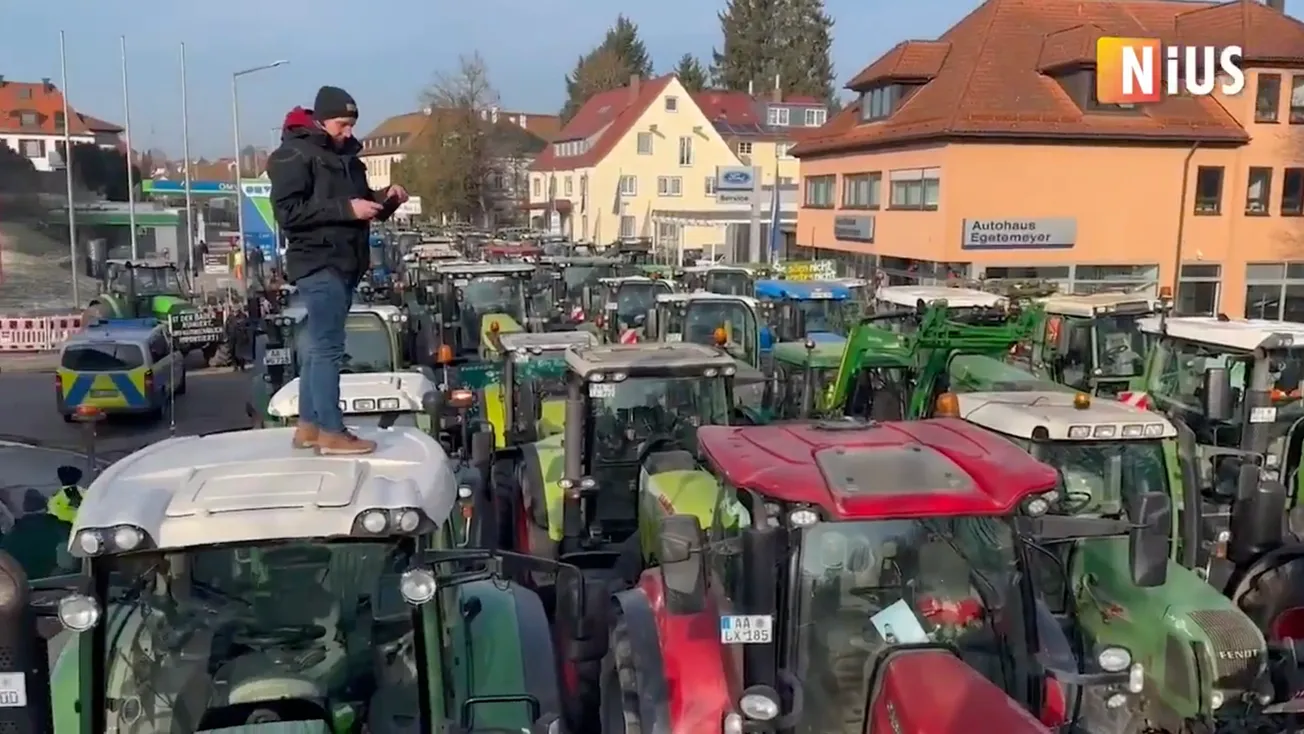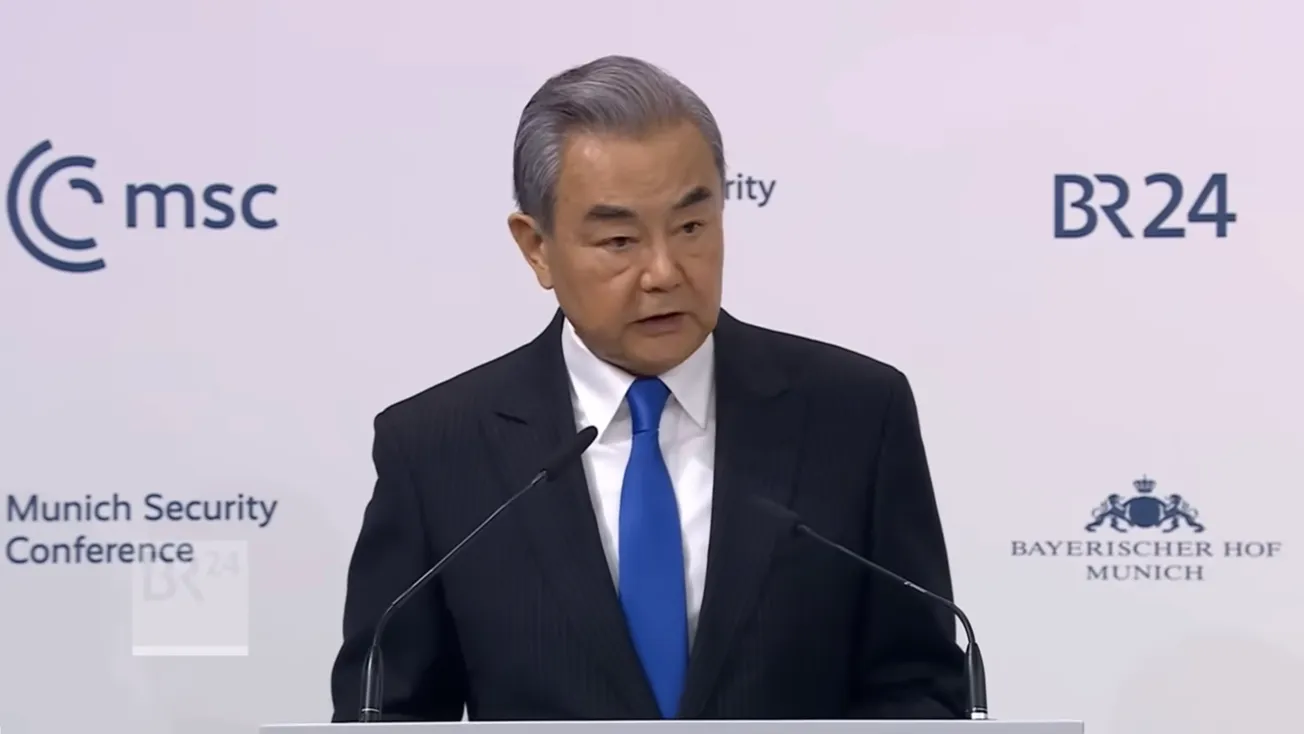Farmers and agricultural workers are disrupting transport routes in France to protest rising costs and burdensome regulations. The regions around the southern cities of Bordeaux and Lyon are experiencing the worst disruption, where tractors and farm vehicles are blocking major highways. Arnaud Rousseau, president of the farmers’ union FNSEA, said on Jan. 24 that further actions are planned in most regions in the coming days. “Once the fuse has been lit, the farmers can go all the way—there’s no turning back,” Rousseau told France 2 television.
In Poland, farmers aim to block roads in up to 250 locations to protest against the EU’s plans to curb CO2 emissions and also to protest what the organizers describe as the uncontrolled food imports from neighboring Ukraine. Relations between Warsaw and Kiev deteriorated last year after the previous Polish government restricted grain imports from Ukraine, in response to farmers’ protests a few months before the Oct. 15 parliamentary elections.
In Germany, decentralized actions are taking place over Jan. 25-26 throughout all of Germany’s 16 states. In Lower Saxony, protesters are blocking bridges, with farmers dubbing it “Bridge Day.” In Saxony-Anhalt, only a few blockades are planned; otherwise tractorcades are planned in several bigger cities, including in Magdeburg, the state capital. Rhineland-Palatinate capital Mainz, about 500 tractors and more than 1,000 protesters are expected this afternoon. Today marks the annual New Year’s reception of the state’s Mittelstand, crafts, farmers and other branches.
Another major rally is planned in Berlin for Jan. 26, as are tractorcades and other actions in Bavaria, which will continue on Sunday, Jan. 28 with a major rally in the state capital, Munich.




